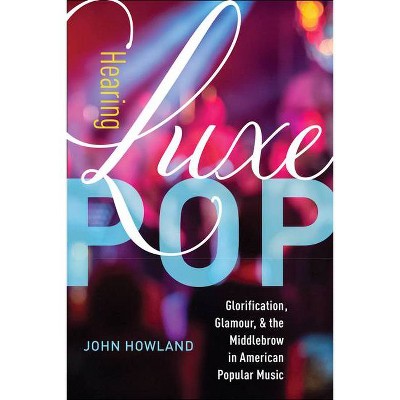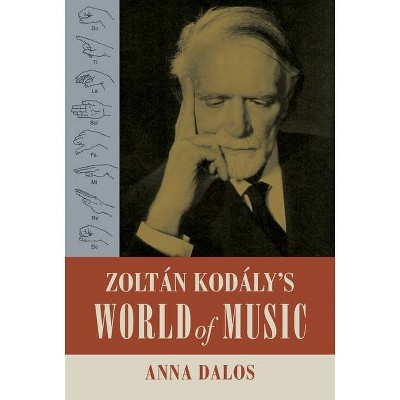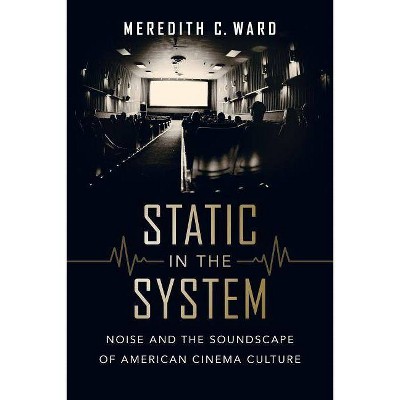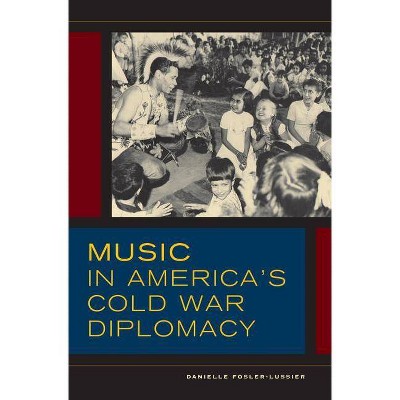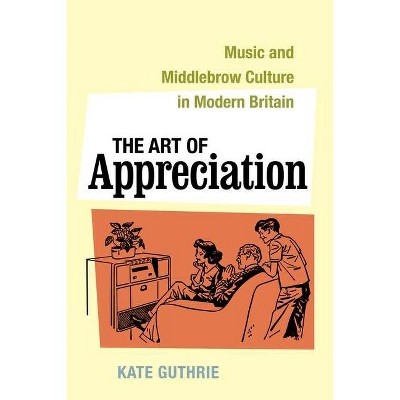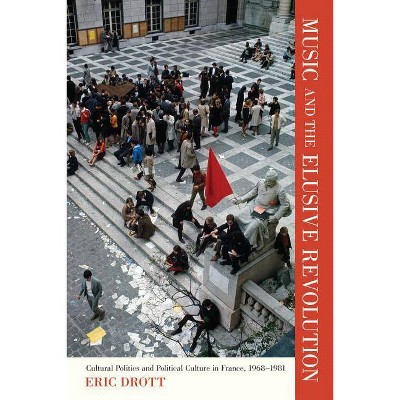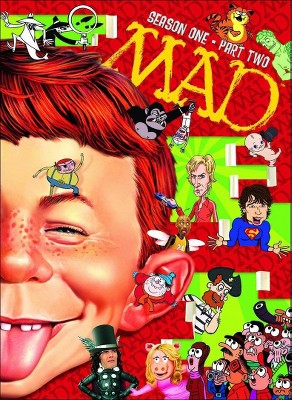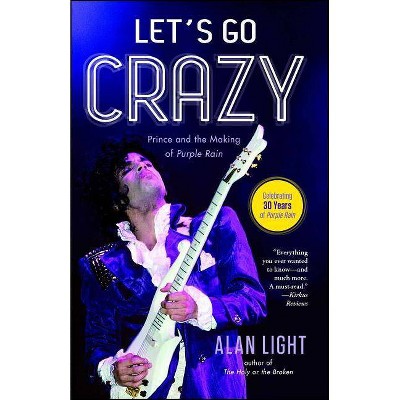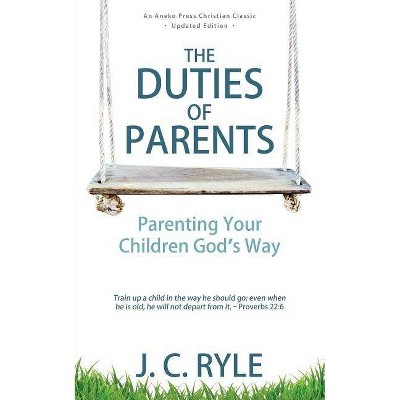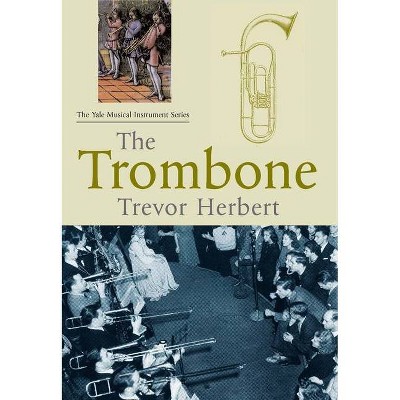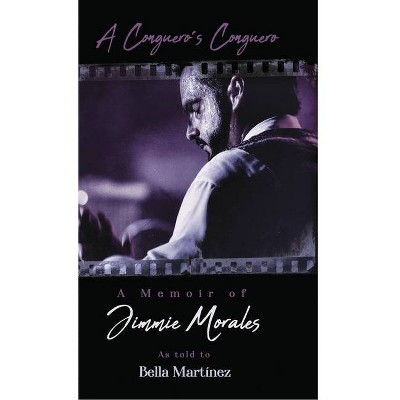Magician of Sound, 29 - (California Studies in 20th-Century Music) by Jessie Fillerup (Hardcover)
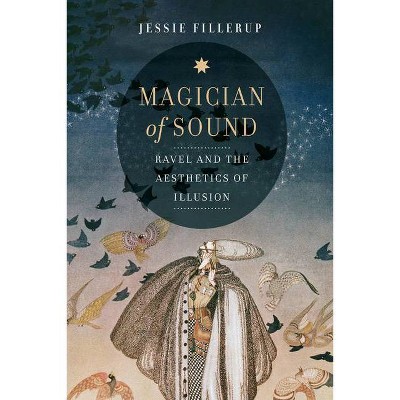
Similar Products
Products of same category from the store
Product info
<p/><br></br><p><b> About the Book </b></p></br></br>"French composer Maurice Ravel was described by critics as a magician, conjurer, and illusionist. Scholars have been aware of this historical curiosity, but none so far have explained why Ravel attracted such critiques or what they might tell us about how to interpret his music. Magician of Sound examines Ravel's music through the lens of illusory experience, considering how timbre, orchestral effects, figure/ground relationships, and impressions of motion and stasis might be experienced as if they were conjuring tricks. Applying concepts from music theory, psychology, philosophy, and the history of magic, Jessie Fillerup develops an approach to musical illusion that newly illuminates Ravel's fascination with machines and creates compelling links between his music and other forms of aesthetic illusion, from painting and poetry to fiction and phantasmagoria. Fillerup analyzes scenes of enchantment and illusory effects in Ravel's most popular works, including Bolâero, La Valse, Daphnis et Chloâe, and Rapsodie espagnole, relating his methods and musical effects to the practice of theatrical conjurers. Drawing on a rich well of primary sources, Magician of Sound provides a new interdisciplinary framework for interpreting this enigmatic composer, linking magic and music"--<p/><br></br><p><b> Book Synopsis </b></p></br></br><p>French composer Maurice Ravel was described by critics as a magician, conjurer, and illusionist. Scholars have been aware of this historical curiosity, but none so far have explained why Ravel attracted such critiques or what they might tell us about how to interpret his music. <i>Magician of Sound</i> examines Ravel's music through the lens of illusory experience, considering how timbre, orchestral effects, figure/ground relationships, and impressions of motion and stasis might be experienced as if they were conjuring tricks. Applying concepts from music theory, psychology, philosophy, and the history of magic, Jessie Fillerup develops an approach to musical illusion that newly illuminates Ravel's fascination with machines and creates compelling links between his music and other forms of aesthetic illusion, from painting and poetry to fiction and phantasmagoria. Fillerup analyzes scenes of enchantment and illusory effects in Ravel's most popular works, including <i>Boléro</i>, <i>La Valse</i>, <i>Daphnis et Chloé</i>, and <i>Rapsodie espagnole</i>, relating his methods and musical effects to the practice of theatrical conjurers. Drawing on a rich well of primary sources, <i>Magician of Sound</i> provides a new interdisciplinary framework for interpreting this enigmatic composer, linking magic and music.</p><p/><br></br><p><b> From the Back Cover </b></p></br></br>"This book offers an intriguing perspective on Ravel, one that places the composer in dialogue with cultural trends not previously explored. The detailed and engaging discussion of specific passages in Ravel's works frequently proves enchanting."--W. Anthony Sheppard, author of <i>Revealing Masks: Exotic Influences and Ritualized Performance in Modernist Music Theater</i> <p/> "A tremendously rich book, filled with extraordinary insights on Ravel's music and the intellectual climate in which it was created. Through the lenses of magic, machinery, science, and technology, we begin to appreciate Ravel's innovations from new perspectives."--Gurminder K. Bhogal, author of <i>Details of Consequence: Ornament, Music, and Art in Paris</i> and <i>Claude Debussy's Clair de Lune</i> <br><p/><br></br><p><b> About the Author </b></p></br></br><b>Jessie Fillerup</b> is Associate Professor of Musicology at University of Richmond. Her work has appeared in <i>19th-Century Music</i>, <i>Journal of the Royal Musical Association</i>, and <i>Cambridge Opera Journal.</i>
Price History
Price Archive shows prices from various stores, lets you see history and find the cheapest. There is no actual sale on the website. For all support, inquiry and suggestion messages communication@pricearchive.us
